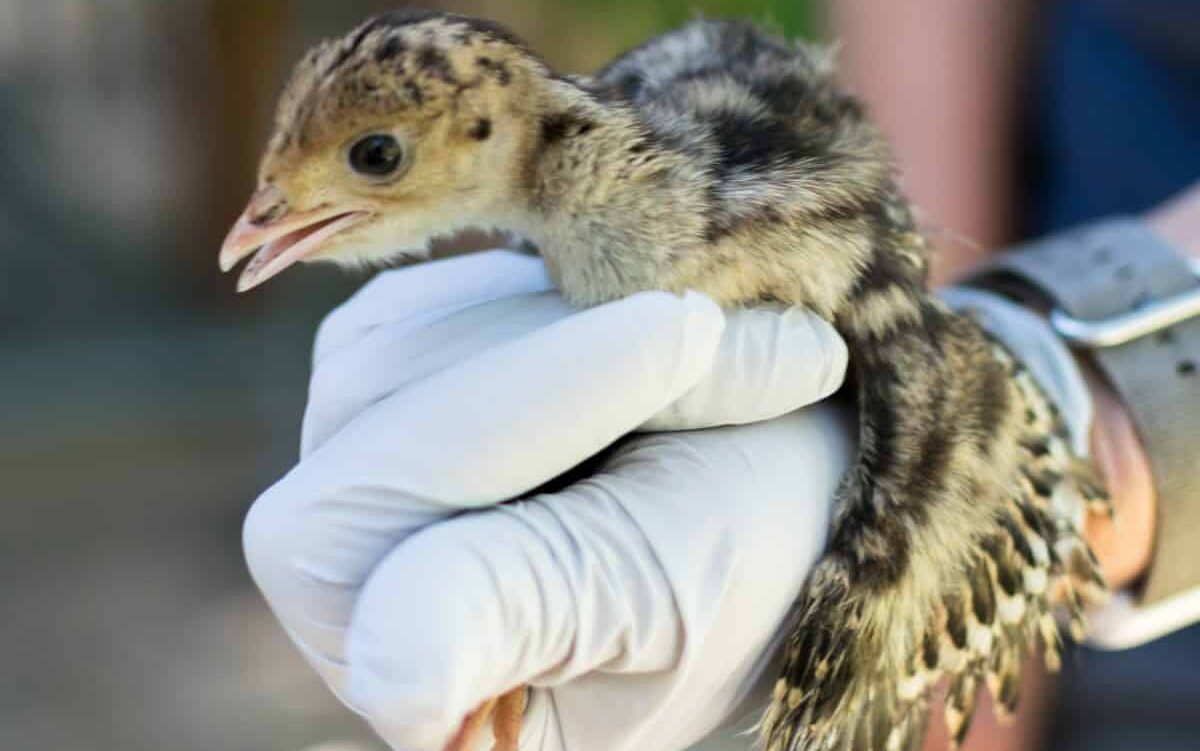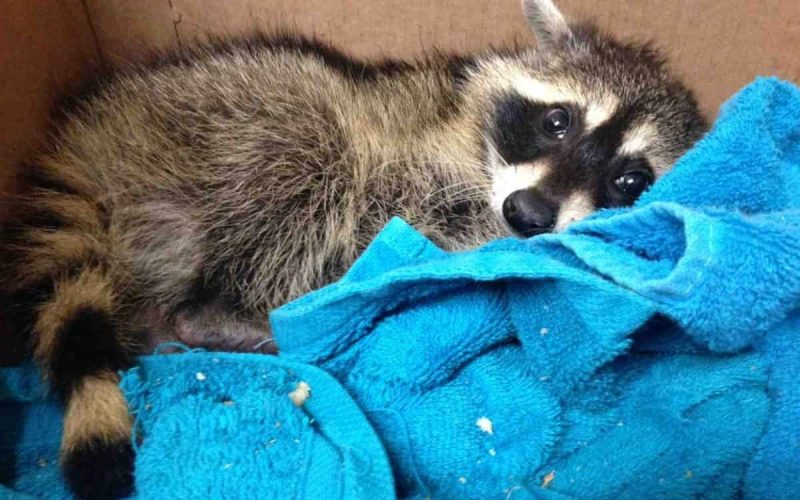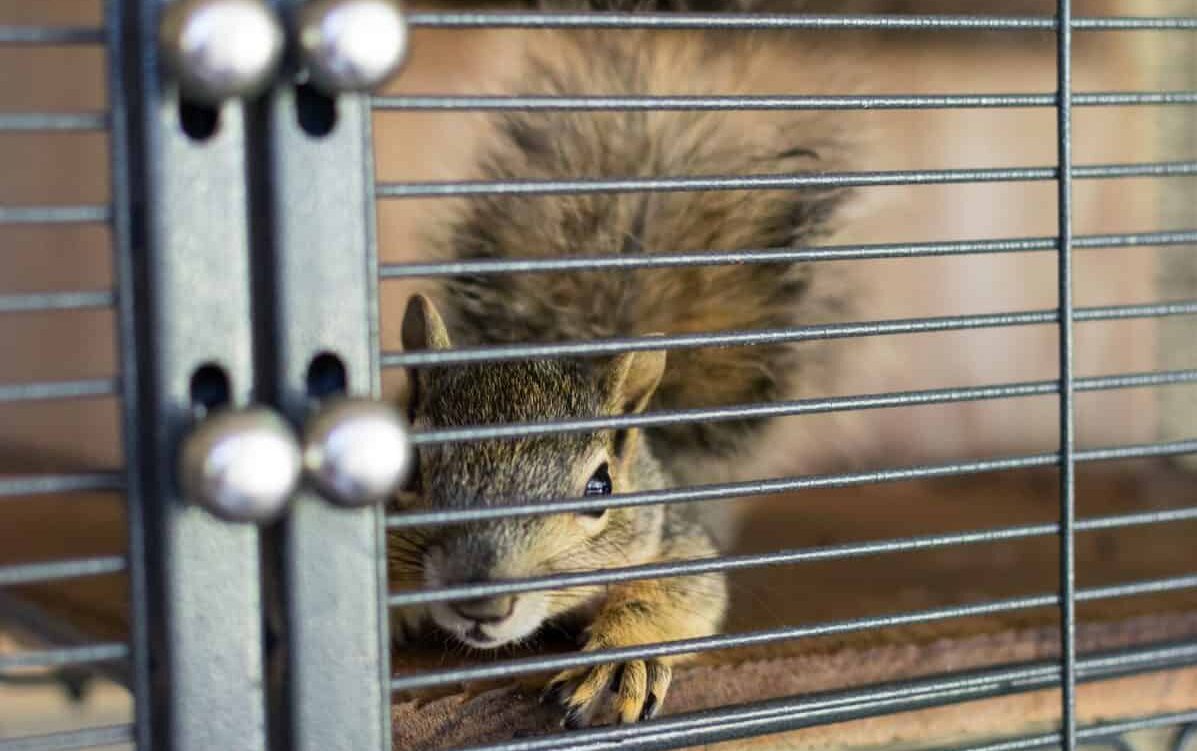

Nuisance Animals
We do not believe that any animal is a nuisance; however, having said that, there are ways to get an animal to move on without resorting to drastic measures like trapping and relocating or calling an expensive extermination company.
Trapping and relocating an animal is a death sentence. Most animals are territorial, that is, they live in a certain area, know where to find food and water, and defend the area from intruders. Thus, trapping and relocating a male to a new area means that he doesn’t know where to find food or water, and the males already in that territory may kill the intruder. Trapping and relocating a female is likely to leave a nest of babies to slowly starve without their mother.
Further, trapping and relocating an animal creates an ecological hole where another wild animal will take the place of the relocated animal. This becomes a continuous problem. You have to fix what is attracting the animal in the first place, for example, repair the hole that allows the animal to enter the attic, first making sure there are no babies remaining in the attic; stop leaving pet food outside at night; or buy more secure trash cans.
Let’s say you have a raccoon in your attic. A raccoon in your attic can be induced to move on (with her babies) by placing rags soaked in ammonia near the entrance, light the area with a floodlight, and play talk radio 24 hours a day. She will take her babies and move elsewhere after about 3 days. Once you think they are gone, put corn starch around the entrance to determine whether she is returning at night. If the corn starch has not been disturbed, seal the entrance to the attic.
Finally, if we haven’t convinced you to deal with removing an unwanted animal humanely, you should know about trapping certain animals, including raccoons, in Texas. The following is quoted directly from the Texas Department of State Health Service regulations:
STATEWIDE WILD ANIMAL TRANSPORT RESTRICTIONS
Rabies in Texas is an ongoing state health emergency. Therefore, according to the Rabies Control and Eradication Administrative Code, it is illegal for a person to transport certain animals that are high risk for transmitting rabies, including any live species of fox, skunk, coyote, or raccoon indigenous or naturalized to North America. A violation of this law is a Class C misdemeanor. The following individuals are exempt from this restriction and can transport animals included in the statewide rabies quarantine only when such transport is part of their official duty:
- peace officers,
- individuals hired or contracted by state or federal agencies or local governments,
- employees of zoos or other institutions accredited by the American Association of Zoological Parks and Aquariums
- educators permitted by the Texas Parks and Wildlife Department for educational display,
- rehabilitators permitted by the Texas Parks and Wildlife Department
- an entity issued authorization for nuisance fur-bearing animal relocation from the Texas Parks and Wildlife Department, and
- pest management professionals licensed by the Texas Department of Agriculture.
For more information and help dealing with animals who are being a nuisance, please call us.
Related Posts


Wild Animals Do Not Make Good Pets
Keeping wild animals as pets can be detrimental for many reasons.
